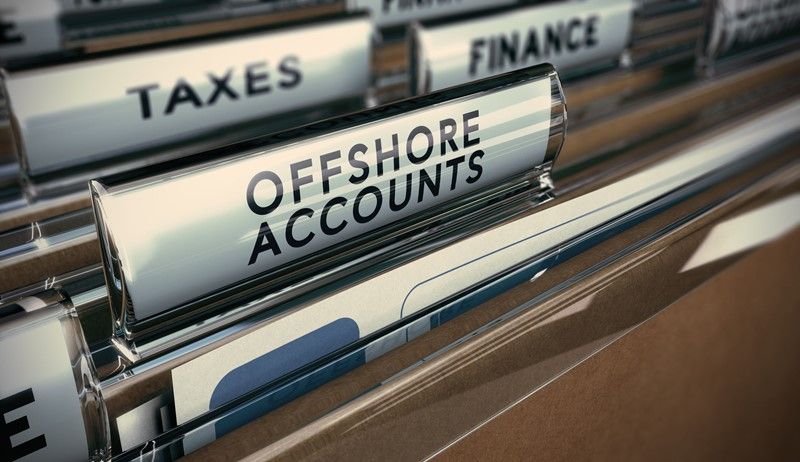Register an offshore property developer for Corporation Tax
Non-UK resident companies that buy, develop, or sell UK land must register for Corporation Tax within three months of a disposal.
Those non-UK resident companies that deal in or develop UK land must register for Corporation Tax if their activities involve acquiring or developing property with the intention to profit from its disposal. This requirement applies when the land is held as trading stock, or when a main purpose of acquiring or developing land is to sell it for profit. This is different from acquiring property for investment purposes, such as rental income.
Companies are required to register within three months of making a disposal of UK land. The registration process involves providing essential details, including the company name, country of incorporation, registration number, addresses (both the registered office and the UK business address) and the date the company became liable to Corporation Tax. If the company is part of a group, details of the parent company must also be provided.
Registration can be completed online, after which companies must print and submit the form to HMRC. Alternatively, if online registration is not possible, companies can send a letter with the required information, including a 10-digit dummy Unique Taxpayer Reference (UTR). Once HMRC processes the registration, the company will receive its Corporation Tax UTR.




